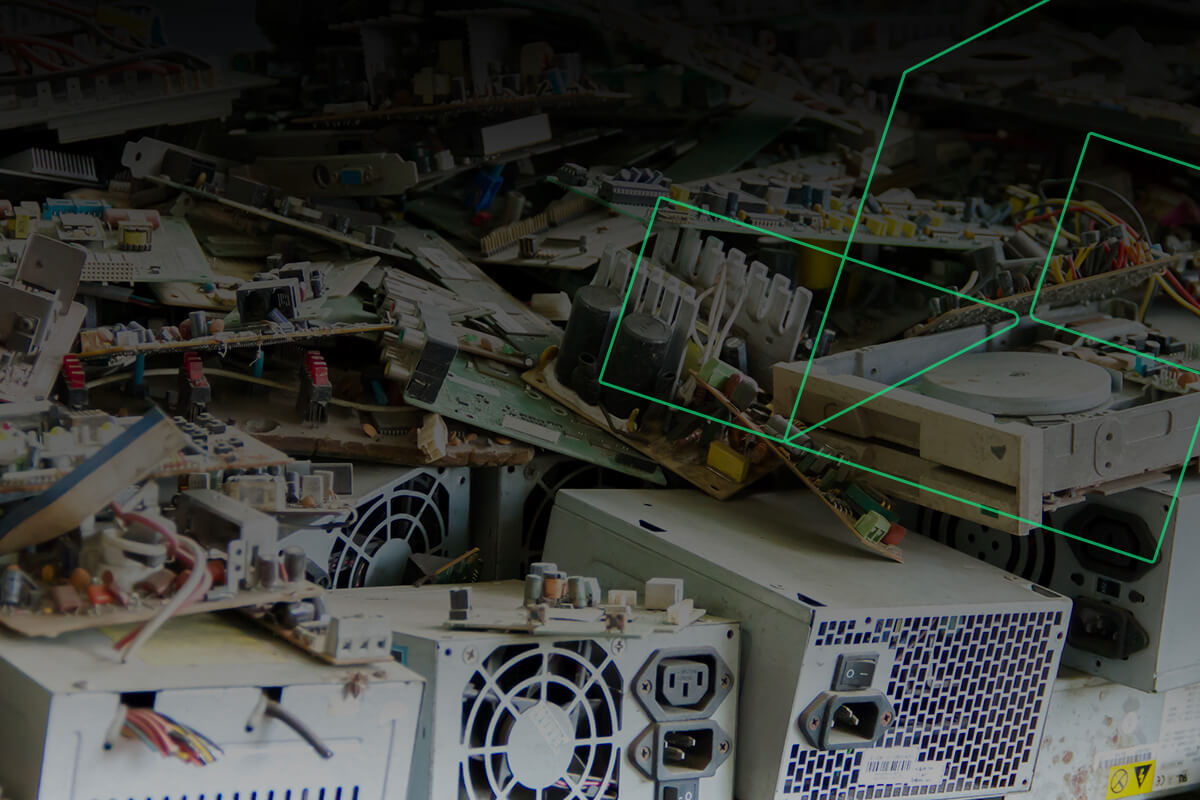Is doxxing illegal? Should you call the police if you get doxxed? These are questions more and more people are wondering about today. Doxxing is a toxic online trend that involves sharing another person’s personal information in an attempt to compromise their safety or privacy. Whether you were doxxed or not, you should know a few things about the legality of doxxing.
What is Doxxing?
If you spend enough time on the Internet today, you will likely hear the term “doxxing” sooner or later. It’s short for “dropping documents”, as in personal information. When someone gets doxxed, it means another person posted sensitive personal info about them online without their permission, such as their address, social security number, real name or financial data.
Doxxing vs Cyberbullying
Whether or not doxxing is illegal depends on a lot of factors, including how it is classified among other forms of online harassment. Doxxing is technically a form of cyberbullying. Modern cyberbullying can take many forms and have many root causes both online and in the real world.
Doxxing works by eliminating the victim’s online privacy or anonymity, typically in the hopes of exposing them to real world bullying. Some states, websites and organizations (such as schools) have strict rules about bullying others online. So, depending on the situation and severity, people who commit doxxing may be penalized for cyberbullying.
Doxxing vs Swatting
Swatting is a particularly extreme form of cyberbullying that often follows a doxxing attack. It involves calling a police or FBI hotline and falsely reporting that a dangerous criminal is hiding out in a certain house. The perpetrator gives the law enforcement personnel the address of the person who was doxxed.
The police and FBI have to take these calls seriously. So, they will send a SWAT team to the address the cyberbully provided, armed and prepared for a fight. When the law enforcement personnel show up at the scene, they often break down doors and the entire situation can be disturbing and embarrassing for the victim.
Swatting attacks can get severe when someone has been doxxed because their address is out there for the world to see. In fact, victims may even be forced to move to get the prank SWAT calls to stop. Twitch streamer xQc had to move numerous times after repeatedly being doxxed and targeted by SWAT pranks. Regardless of whether doxxing was involved, swatting is illegal and perpetrators can face serious consequences if they are caught.
Is Doxxing Illegal?
So, is doxxing illegal? Not necessarily. It depends heavily on the type of information someone shares and how they obtained it. Technically, any information that is part of the public record is legally accessible by anyone. So, sharing this info online may count as doxxing but isn’t illegal in and of itself.
With that said, there are definitely situations where doxxing someone may break laws. For example, hacking into private computer systems to steal private information is illegal, regardless of whether it’s used for doxxing. There are also cases where doxxing breaks site-specific rules or laws regarding harassment and bullying.
Website-Specific Rules
A growing number of websites have specific rules about doxxing, such as Twitter, Facebook and Twitch. These websites prohibit sharing personal information about another user without their permission. So, if someone does attempt a doxxing attack, they can face penalties like getting banned from the website.
Breaking user behavior rules online doesn’t necessarily qualify as breaking the law, though. Whether or not doxxing is illegal ultimately depends on what information was shared, how it was obtained and what the perpetrator did with the info. Regardless of whether the website where the doxxing happened has a rule about it, the perpetrator can still face real-world consequences.
State and Federal Laws
Sometimes people who commit doxxing do end up facing legal charges. Usually the doxxing is classified as a form of harassment, which can have a range of consequences from one state to another. For example, in California someone can be charged for doxxing under cyber harassment laws, leading to a $1,000 fine and up to one year in jail.
Doxxing penalties can be more severe if the victim is a minor because it violates child privacy laws, such as federal laws like COPPA or state laws like CCPA in California. Any behavior that compromises a child’s privacy or safety online is usually subject to much more severe consequences, regardless of the age of the perpetrator. This is important to note in cases where doxxing occurs as a form of cyberbullying between minors.
Finally, there are also cases where doxxing can result in charges for other crimes, such as stalking. This again depends on how the perpetrator obtained someone else’s personal info and what they do with it. For example, if someone posts a politician’s address online and tells others to attack that home, they are inciting violence, which can result in serious legal charges.
What Should You Do If You Are Doxxed?
Unfortunately, if you’re wondering if doxxing is illegal, it may be because someone posted your personal information online. Alternatively, you could be a parent or guardian dealing with a cyberbullying situation on your child’s behalf. Either way, there are a few steps you can take to respond to the situation.
Start by taking screenshots of the posts in question. It’s crucial to document as much evidence of doxxing and harassment as possible, such as the usernames of whoever is sharing the info. Report the posts to user support on whatever website where the info was shared, such as Facebook.
Next, contact your local law enforcement and explain the situation. They can give guidance on maintaining your personal safety and stay on the lookout for stalkers or SWAT pranks.
If the doxxing involves your financial data, contact your bank and credit card company next. You may even want to temporarily freeze your accounts to prevent fraud. This is a good idea for minors, as well, even if your child does not have credit lines open yet. Additionally, if you have an identity protection service, notify them of the situation so they can help defend your data.
Doxxing: A Serious Form of Cyber Harassment
Doxxing is one of the most harmful forms of harassment and cyberbullying. It is far more than a simple prank. It can put people in danger of physical harm, cause identity theft, lead to significant financial loss and more. It’s possible to dox someone by mistake, but you can avoid this by remembering to never post someone else’s information without their permission. If you or your child experience doxxing, respond as quickly as possible to minimize the damage.
Recent Stories
Follow Us On
Get the latest tech stories and news in seconds!
Sign up for our newsletter below to receive updates about technology trends



